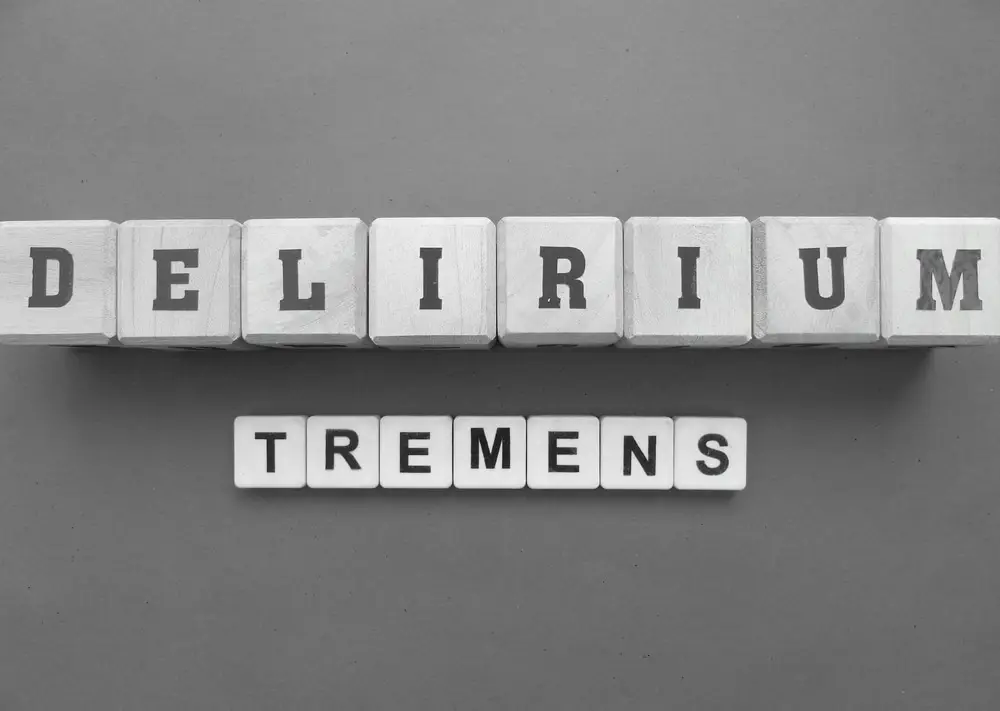Delirium tremens is the most extreme form of alcohol withdrawal, characterized by intense and sudden nervous system changes. This potentially life-threatening condition makes detoxing from alcohol perilous without professional medical supervision. Read more to learn about the characteristics of delirium tremens and who is most at risk of experiencing it.
What Is Delirium Tremens?
Delirium tremens happens to some people with a history of heavy, prolonged drinking. You may experience DTs if you suddenly stop drinking or rapidly decrease your alcohol intake, which can overwhelm your central nervous system and make it hard for your brain and body to adapt.
Symptoms usually begin within 48 to 96 hours after the last drink, but they can occasionally appear up to 10 days later. The first 48 to 72 hours is the acute phase, when delirium tremens is most severe and dangerous.
Who Is at Risk?
Delirium tremens can affect anyone in withdrawal from heavy alcohol use. However, it is particularly common in:
- People with a history of severe alcohol withdrawal symptoms.
- Those with concurrent medical conditions alongside their alcohol use.
- People who have experienced seizures or have alcohol-related brain damage.
Delirium Tremens Symptoms
Recognizing delirium tremens symptoms is crucial for timely and effective intervention.
- Body tremors: Often referred to as “the shakes,” these are a highly visible sign of delirium tremens.
- Confusion and decreased attention span: You may experience “brain fog,” impaired cognition, reduced awareness of your surroundings and an inability to focus or maintain attention.
- Extended deep sleep: During delirium tremens, some people fall into a deep sleep that lasts more than a day.
- Mood swings: Rapid and unpredictable emotional changes are characteristics of alcohol withdrawal.
- Hallucinations: You might see, hear or feel things that seem real to you and nobody else.
- Restlessness and fatigue: Simultaneous feelings of restlessness and overwhelming tiredness are typical of alcohol withdrawal.
- Seizures: Violent seizures are among the most dangerous aspects of delirium tremens.
Hope by the Sea’s Approach to Safe Detox
If you feel motivated to quit drinking, you may feel you are better off doing so in familiar surroundings. However, attempting to detox from alcohol at home can be hazardous if you have a history of heavy, long-term alcohol abuse. Without experienced professional supervision, you risk uncomfortable and possibly fatal complications like seizures, tremors, sleep disturbances and severe dehydration.
At Hope by the Sea, we provide a medically supervised detox program designed to immediately address the withdrawal symptoms and cravings associated with heavy alcohol use. Our clinical team will provide the physical and emotional support you need to transition to a sober, alcohol-free life.
Our detox services are the beginning of a full body and mind cleansing that can help you stop chronic alcohol abuse. Your long-term recovery is our highest priority. Please contact us today if you have any questions about our specialized programming.

